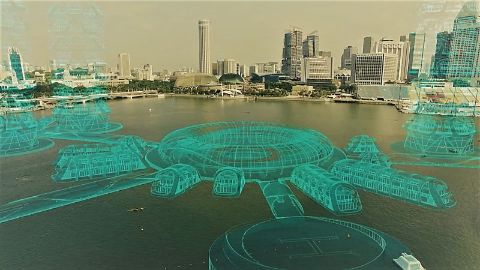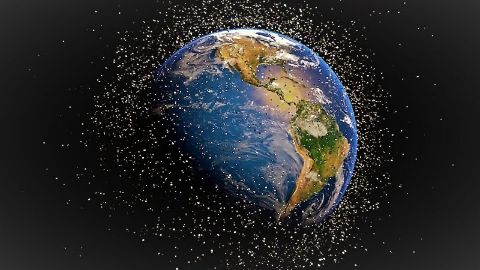The Hidden Side of Google • 2015
With 66 billion euros in revenue by the end of 2014, Google is the richest search engine company in the world and has become ubiquitous to the point of being used as a verb. Searching the net, sending messages via Gmail, getting around with Google maps, watching videos on YouTube.... By being ever present in our lives, Google has got to know a lot about us. But how much do we really know about Google? How did the big teenager become a giant octopus, data swallower who took the opportunity to sneak itself into so many practical and free services that have become a vital part of our lives? From France in English
Make a donation
Buy a brother a hot coffee? Or a cold beer?
Hope you're finding these documentaries fascinating and eye-opening. It's just me, working hard behind the scenes to bring you this enriching content.
Running and maintaining a website like this takes time and resources. That's why I'm reaching out to you. If you appreciate what I do and would like to support my efforts, would you consider "buying me a coffee"?
Donation addresses
BTC: bc1q8ldskxh4x9qnddhcrgcun8rtvddeldm2a07r2v
ETH: 0x5CCAAA1afc5c5D814129d99277dDb5A979672116
With your donation through , you can show your appreciation and help me keep this project going. Every contribution, no matter how small, makes a significant impact. It goes directly towards covering server costs.





